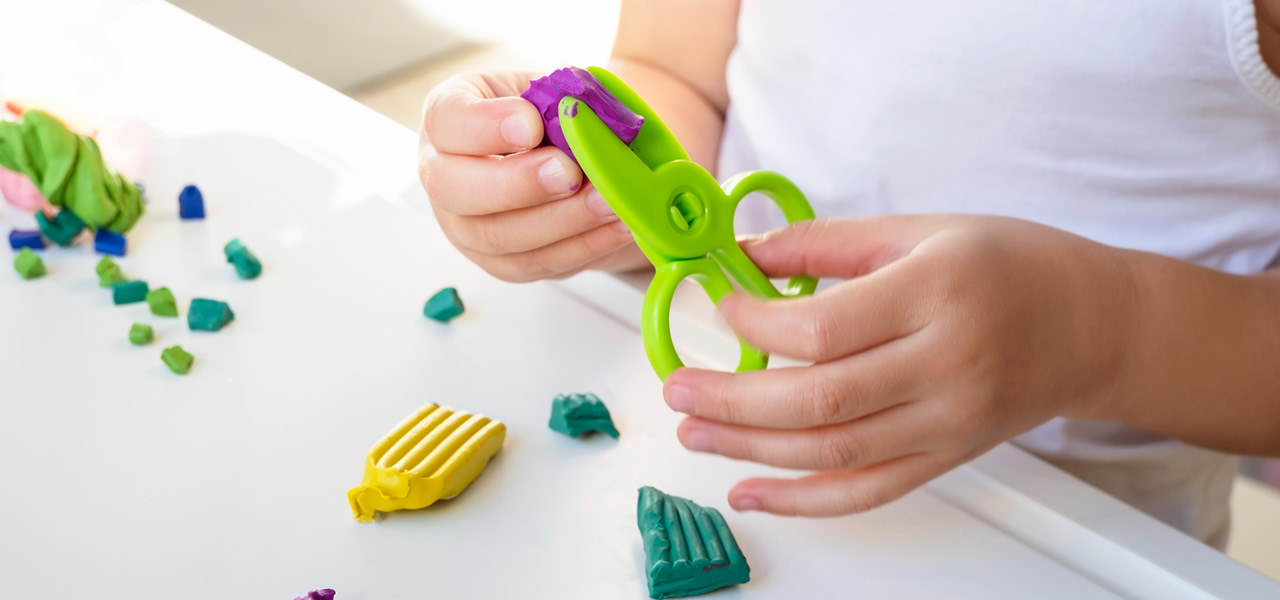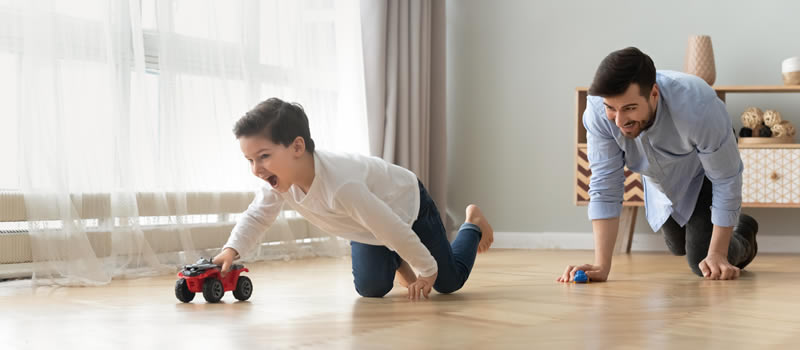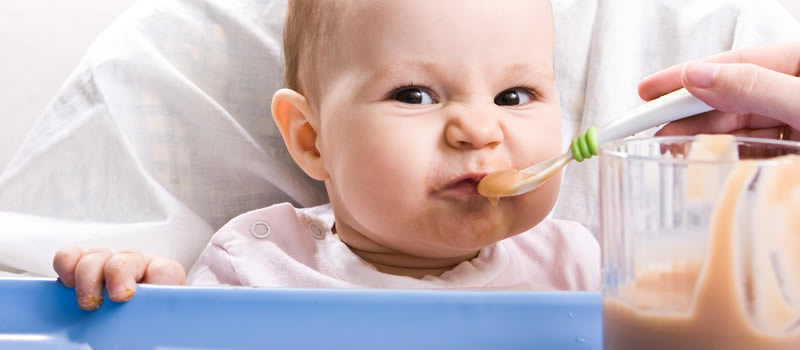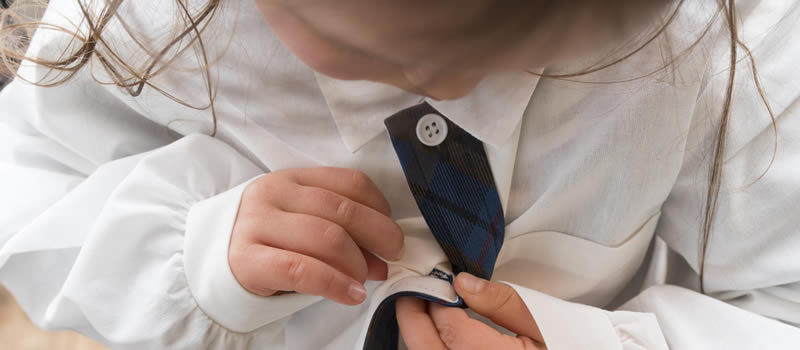What Are Fine Motor Skills?
Fine motor skills are the ability to make movements using the small muscles in our hands and wrists. People use fine motor skills to do many school- and work-related tasks.

Fine motor skills are the ability to make movements using the small muscles in our hands and wrists. People use fine motor skills to do many school- and work-related tasks.
People who struggle with fine motor skills may have trouble writing, drawing, holding a pen, cutting with scissors or using a keyboard.
If you are noticing delays in your child’s fine motor development, fill ONESTI’s developmental Checklist and contact our professionals to help you identify why your child is having difficulty performing daily life activities. ONESTI will also provide you with fun exercises which can be practiced through your daily routines to improve fine motor skills.
Gross motor skills are the abilities required in order to control the large muscles of the body for walking, running, sitting, crawling , and other activities.
People who struggle with gross motor skills have trouble doing whole-body movements required to achieve daily life activities like taking a shower, moving around, going to work, driving a car…
If you are noticing delays in your child’s motor development, do not wait! Fill ONESTI’s developmental Checklist and contact our professionals to help you know the reasons behind your child’s poor motor performance and learn how to improve your child’s motor skills using targeted and evidence-based exercises that are fun and enjoyable.
Children with Developmental Coordination Disorder (sometimes referred to as Dyspraxia) show extreme clumsiness and/or significant impairment in motor coordination. Symptoms of Developmental Coordination Disorder vary with age and developmental stage.
There are other disorders that can cause motor challenges, some of which are related to genetic disorders such as Down’s syndrome, or neurological disorders such Cerebral palsy, others that are a result of external factors such as trauma.
If your child is diagnosed with any disorder affecting motor development, do not wait! Reach UP program at ONESTI is designed to work on the development and improvement of your child’s motor skills. The program aims to empower you as parents to use effective techniques and methods to stimulate your child’s motor abilities by applying the targeted skills in your normal daily routine activities.
The purpose of ONESTI’s developmental checklist is screening for any delays in the different areas of development. The scores are based on your observations. A comprehensive assessment is required to verify results.

This will close in 0 seconds
The purpose of ONESTI’s ” Bon Appetit“ checklist is screening for any difficulties in feeding. The scores are based on your observations. A complete feeding assessment is required to verify results.

This will close in 0 seconds
The purpose of ONESTI’s ”Independent me“ checklist is screening for delays or issues relating to your child’s adaptive skills. The scores are based on your observations. A complete adaptive skills assessment is required to verify results.

This will close in 0 seconds
الغرض من قائمة تطور النمو الخاصة بأونستي هو الاشارة الى وجود أي تأخر في مختلف مجالات النمو. تعتمد النتائج على ملاحظاتك. ويلزم إجراء تقييم شامل للتحقق من النتائج.

This will close in 0 seconds
الغرض من قائمة مهرات الاستيقلالية الخاصة بأونستي هو الاشارة الى وجود أي تأخر في مختلف المجالات. تعتمد النتائج على ملاحظاتك. ويلزم إجراء تقييم شامل للتحقق من النتائج.

This will close in 0 seconds
إن الغرض من قائمة "Bon Appetit" الخاصة بأونستي هو تحديد وجود أي صعوبات في هذا الروتين. تعتمد النتائج على ملاحظاتك. يلزم إجراء تقييم كامل من قبل اختصاصيين للتحقق من النتائج

This will close in 0 seconds